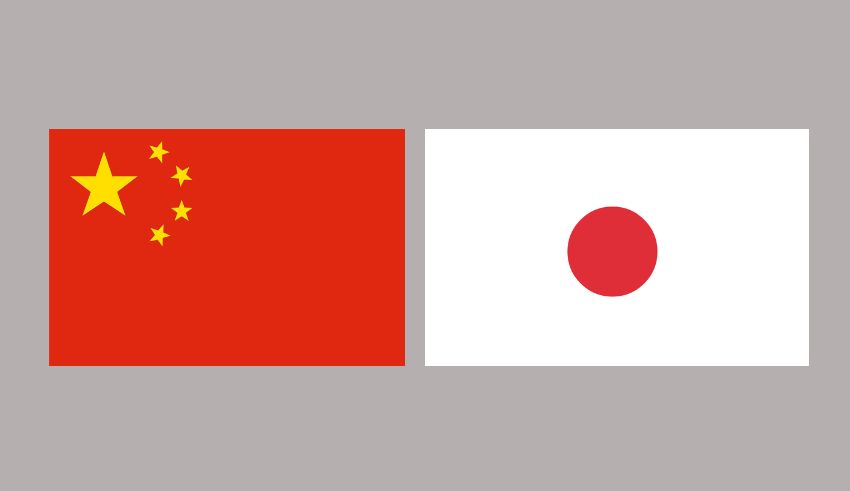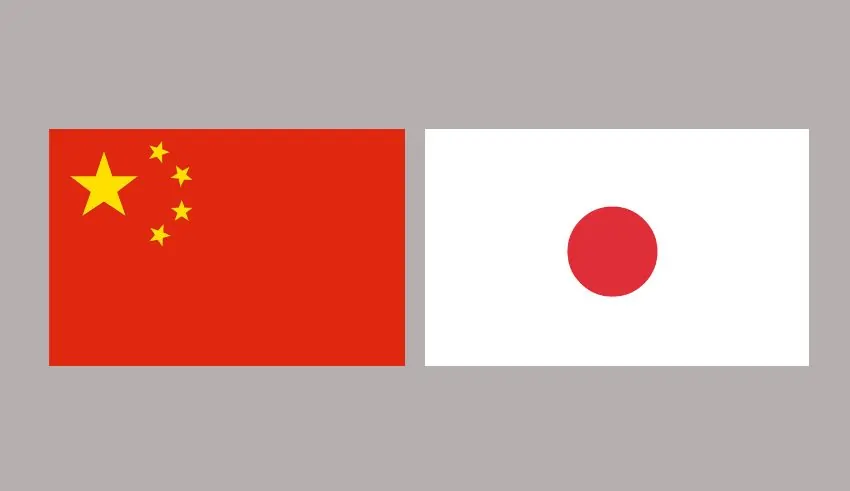

(C) Google
China and Japan are getting ready for what would be a historic meeting between Chinese President Xi Jinping and freshly appointed Japanese Prime Minister Shigeru Ishiba. Chinese Foreign Minister Wang Yi had crucial meetings in Beijing with Japan’s national security advisor Takeo Akiba on Monday, laying the groundwork for the first in-person meeting between Xi and Ishiba since the latter’s appointment. Sources claim that this expected conference, which takes place on the fringes of a major international event in South America, has enormous diplomatic weight since both countries seek to reframe their relationship. Analysts say it could coincide with either the Asia-Pacific Economic Cooperation (APEC) Forum slated in Peru from November 10–16 or the Group of 20 (G20) summit in Brazil on November 18–19.
At this summit, China and Japan have a great opportunity to further their “strategic and mutually beneficial” cooperation. Notwithstanding long-standing challenges, the meeting will provide Xi and Ishiba a forum to address shared regional issues and areas of mutual cooperation including trade, security, and sustainable economic growth. Japanese media claims that Akiba’s meeting with Wang is a part of a deliberate diplomatic effort to lower tensions and build a new framework for good communication, a required action considering the changing geopolitical landscape of East Asia.
One of the primary topics on Prime Minister Ishiba’s agenda is likely to be restarting Japanese seafood exports to China. Ishiba wants to encourage faster measures to help the fishing industry of Japan once an agreement is reached in September to progressively relax import limitations. Recent bilateral trade has suffered from tensions over environmental issues, particularly connected to Japan’s release of treated effluent from the Fukushima nuclear plant. Ishiba’s main emphasis is restoring seafood exports; she also wants to boost more general ministerial-level economic connections with China.
Still another essential element of the recommended dialogues is financial collaboration. Particularly as both countries work to rebuild their post-Pandemic economies, Japan sees a huge opportunity to promote bilateral trade and investment. Apparently of interest to the Japanese administration in terms of clearer frameworks are areas in which both nations have demonstrated interest in earlier negotiations—technology exchange and environmental cooperation.
Long shaped by a complicated mix of economic interdependence and historical grievances, China-Japan relations have Recent high-level meetings, however, reveal both countries’ readiness to look at opportunities for deeper cooperation. Wang stressed in a preliminary phone conversation with Akiba in October that under Japan’s new government China-Japan relations were off to “a steady start”. Building on earlier visits, this diplomatic conversation tracks Akiba’s November last year travel to Beijing to complete conference arrangements between then-Prime Minister Fumio Kishida and President Xi in San Francisco. These preliminary projects show both nations’ ongoing need in diplomatic contact even if that conference never took place.
Early this year, Chinese Premier Li Qiang visited Ishiba at the ASEAN meeting in Laos, hence establishing Ishiba’s diplomatic presence overseas. Emphasizing the need of “meeting each other halfway,” Li wished for Japan and China to maintain a cooperative attitude. Reflecting a common objective to resolve mutual problems through diplomatic channels, Ishiba answered by stating his intention to strengthen practical cooperation with China.
Japan’s shifting security posture has complicated the bilateral relationship even in the middle of these diplomatic initiatives. China has voiced concerns about Japan’s expanding defense ties to the United States and other Western allies as well as about its developing ties to nations in Southeast Asia. Beijing particularly regards Tokyo’s defense posture as a potential counterpoint to both its dominance in the Taiwan Strait and contested maritime areas as well as in the East and South China Seas. Recently, Japan inked a security and defense cooperation agreement with the European Union, for example one including integrated naval operations, coordinated port calls, and third-party nation cooperation.
This more defense cooperation is seen as part of Japan’s overall strategy to maintain regional stability especially as China is claiming dominance in East Asia. Japan’s shift toward a deeper security partnership with Western partners and its pledges in the Indo-Pacific raise concerns about containment policies for China. Balancing these security concerns with the intention of boosting economic and diplomatic engagement will prove a big challenge for the upcoming Xi-Ishiba summit, observers say.
Even while Prime Minister Ishiba is working to progress Japan’s foreign policy objectives, he has major home challenges that can compromise his capacity to execute diplomatic actions. Together with its coalition ally, Komeito, his ruling Liberal Democratic Party (LDP) just lost its legislative majority in Japan’s lower chamber. This result has lessened the legislative authority of the coalition as a minority administration; so, the Ishiba government would find it difficult to adopt significant laws, especially in areas like military and international affairs. These internal political forces could make it more difficult for Japan to negotiate the fine equilibrium between its close alliance with the United States and its significant economic connection with China.
In the middle of a recession and growing internal discontent, Ishiba’s government will have to carefully balance opposing interests. Some political analysts note that Japan’s attempts to maintain solid ties with both China and the United States may be tested in the next months as the administration strives to stabilize the economy and establish a clear foreign policy stance.
There consequences for the prospective Xi-Ishiba conference outside of Japan and China. Two of the biggest economies in Asia, their interactions significantly influence the broader regional balance and economic stability. The conference might serve as a catalyst for improved regional cooperation, thereby inspiring neighboring countries to back open communication on security and trade. This conference could have an impact on other regional actors including South Korea and the ASEAN nations as other players negotiate their own ties with China and Japan.
Moreover, the summit can send a strong message to the global society on East Asia’s participation in fostering stability and collaboration among world uncertainties. China and Japan are scheduled to tackle topics with global relevance like environmental sustainability, trade resiliency, and technology innovation. This engagement might highlight East Asia’s strategic importance and demonstrate how fit the region is for greatly facilitating world development.
The scheduled meeting between Xi Jinping and Shigeru Ishiba marks a turning moment for the direction of China-Japan ties. As both countries negotiate difficult security concerns, economic constraints, and shifting political situations, the conference provides a new chapter of diplomatic interaction. Should it be successful, it could open doors for more stable, cooperative relationship handling of bilateral and regional issues as well as for increased cooperation.
Emphasizing the need for proactive diplomacy and honest channels of communication between two of the most powerful nations in East Asia, the outcomes of this high-level involvement may also serve as a road map for next diplomatic operations in the region. Globally concentrated on the Xi-Ishiba conference, the world will be watching to see how these two leaders address long-standing issues and investigate innovative approaches for international collaboration in the next few years.
China is stepping up its game in Indonesia’s electric vehicle (EV) battery industry after a major exit by South Korea’s…
The jersey worn by Kobe Bryant during his NBA debut has sold for an impressive $7 million at auction which…
Before the national election that will take place on May 3, the government of Singapore ordered Meta, Facebook’s parent company…
The Vivo V50 Lite 5G enters the Malaysian market as it brings an impressive battery capacity along with an unexpected…
In an auspicious start to 2025, Hyundai Motor posted a 2% gain in its operating profit for the first quarter,…
China has made its latest stride into space. On April 24, 2025, launched from the country's northwestern Jiuquan Satellite Launch…
This website uses cookies.
Read More